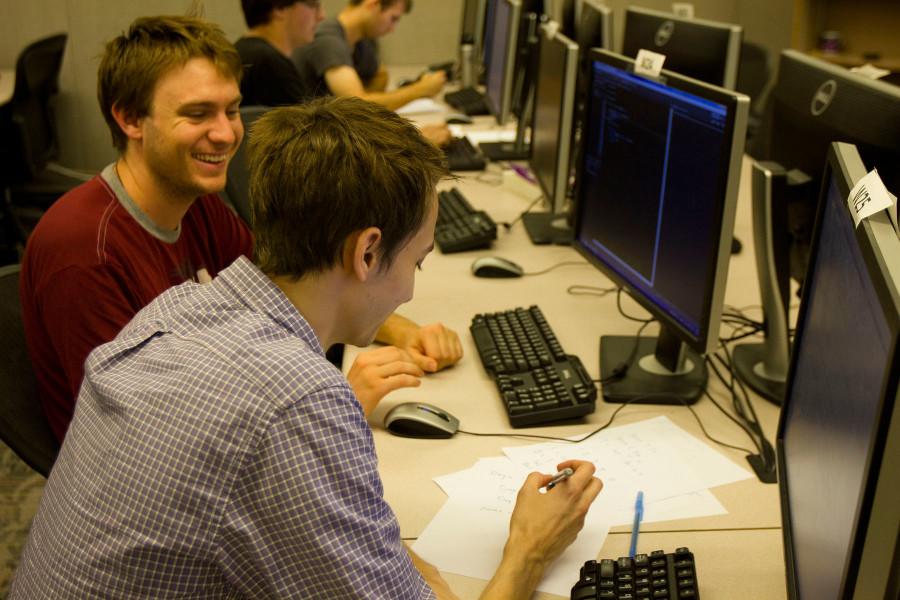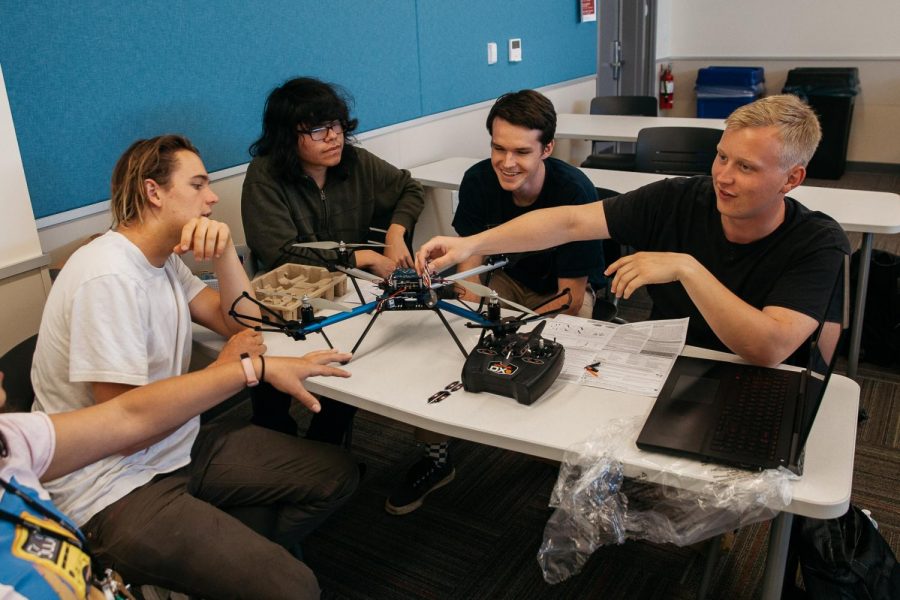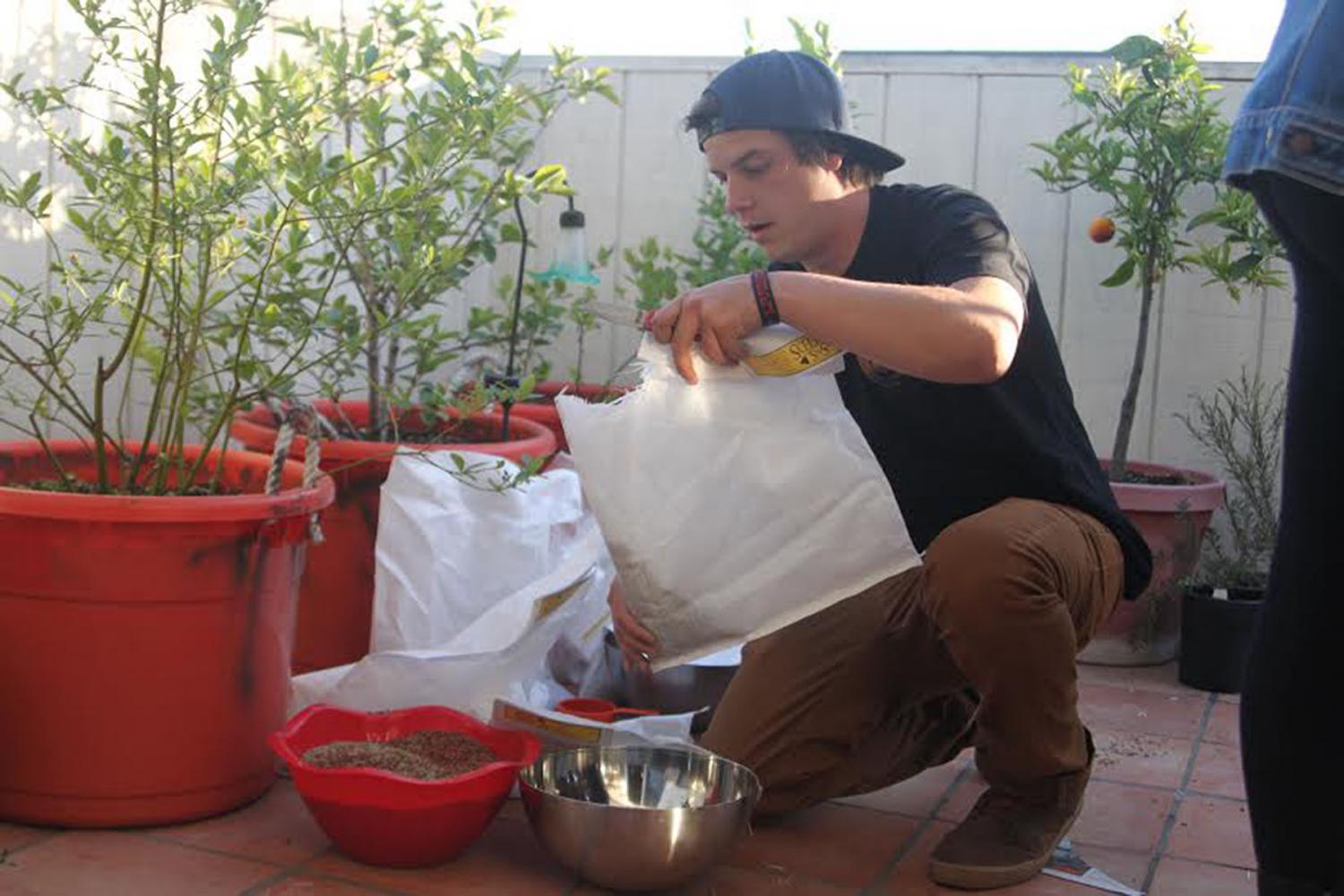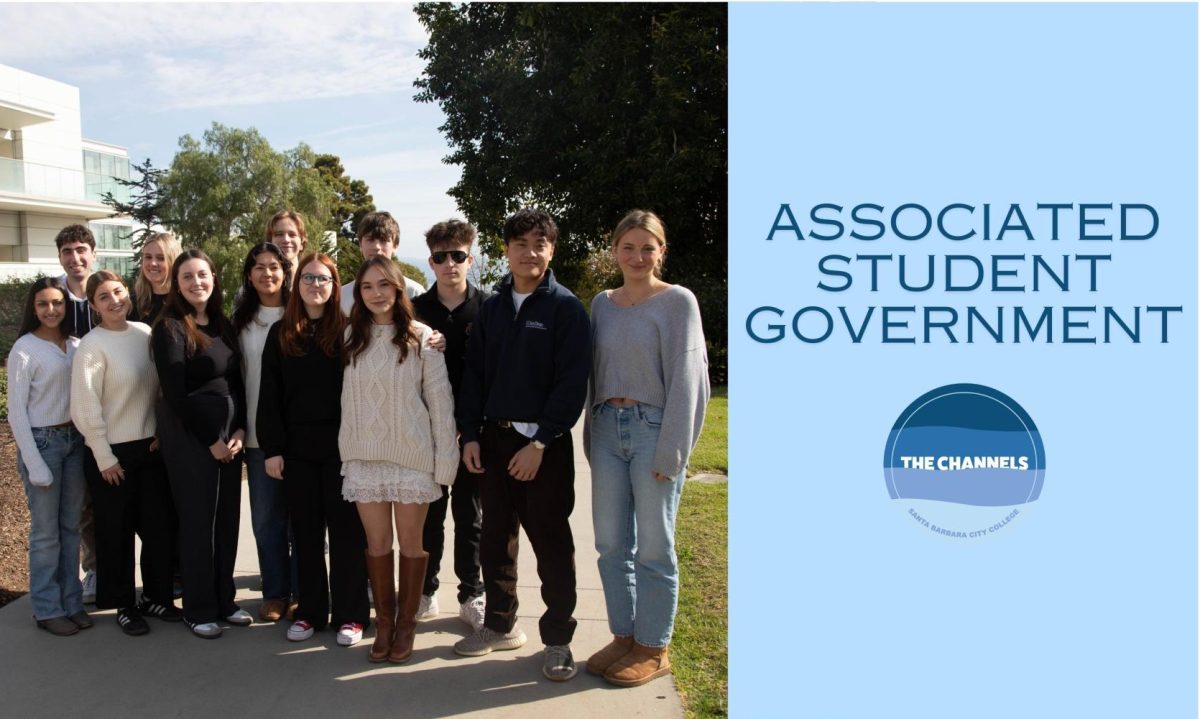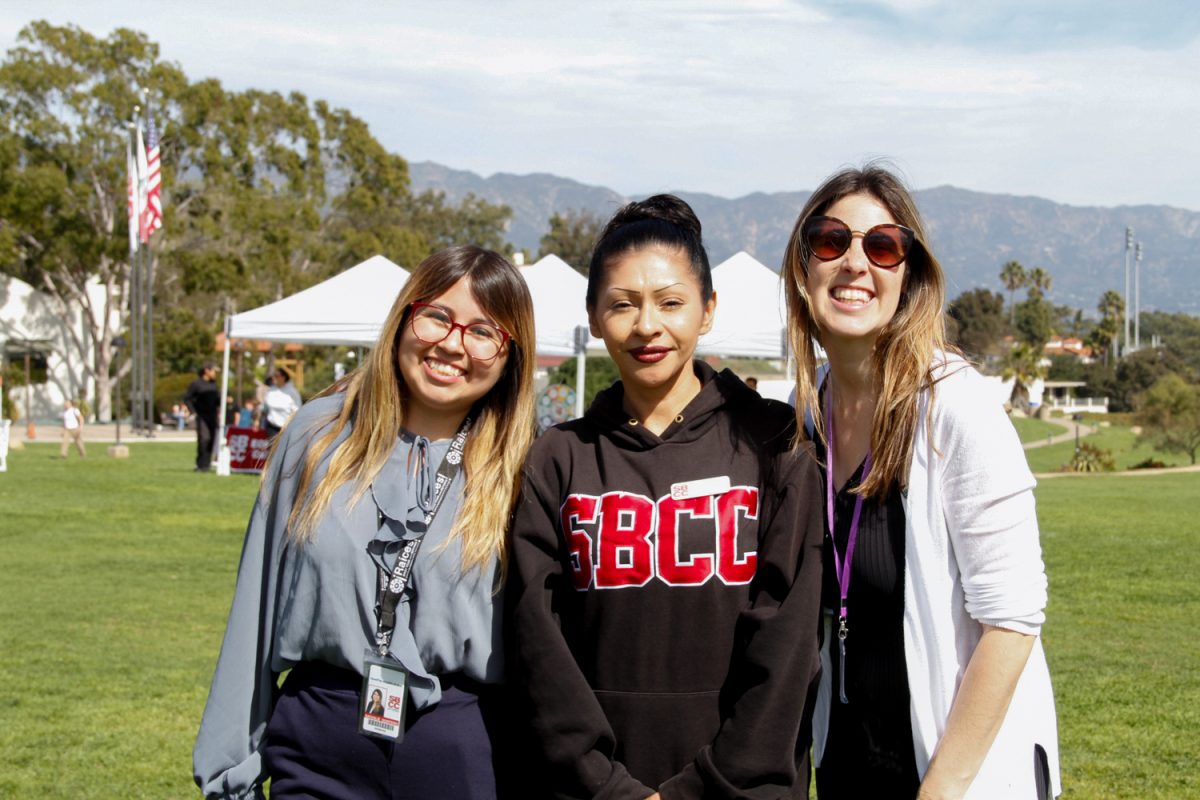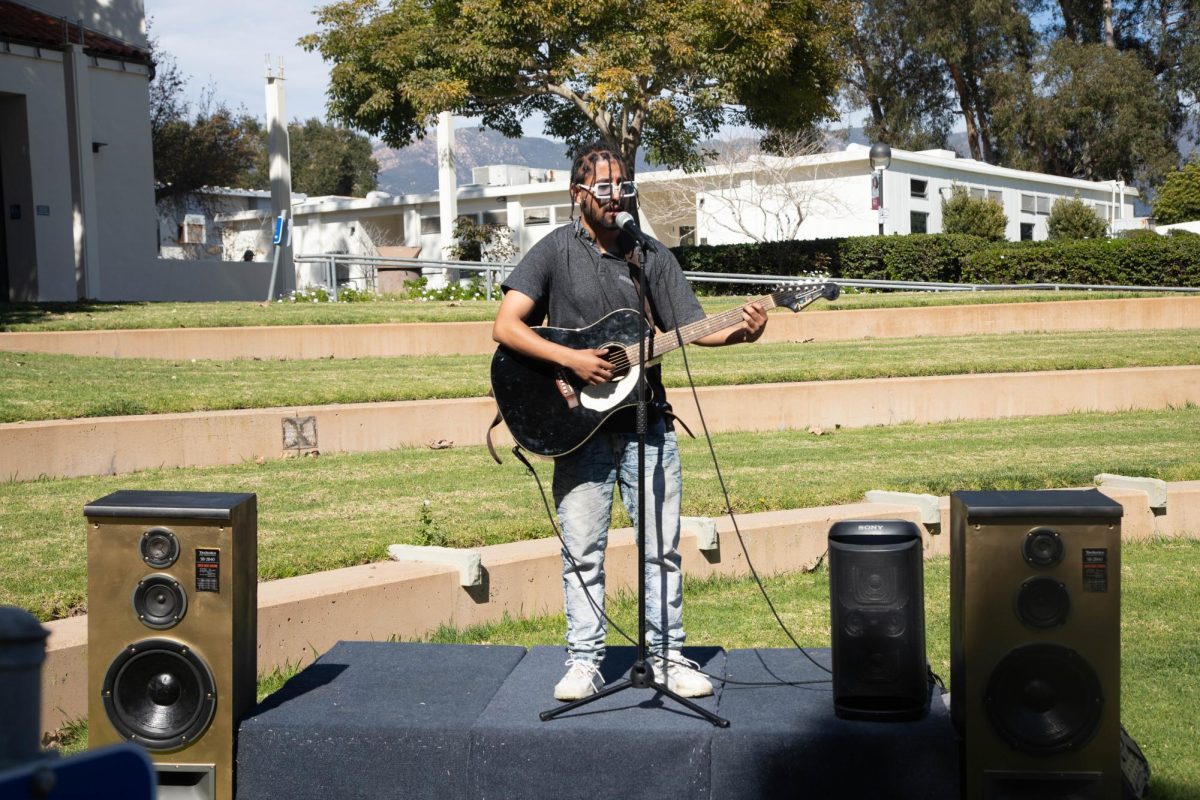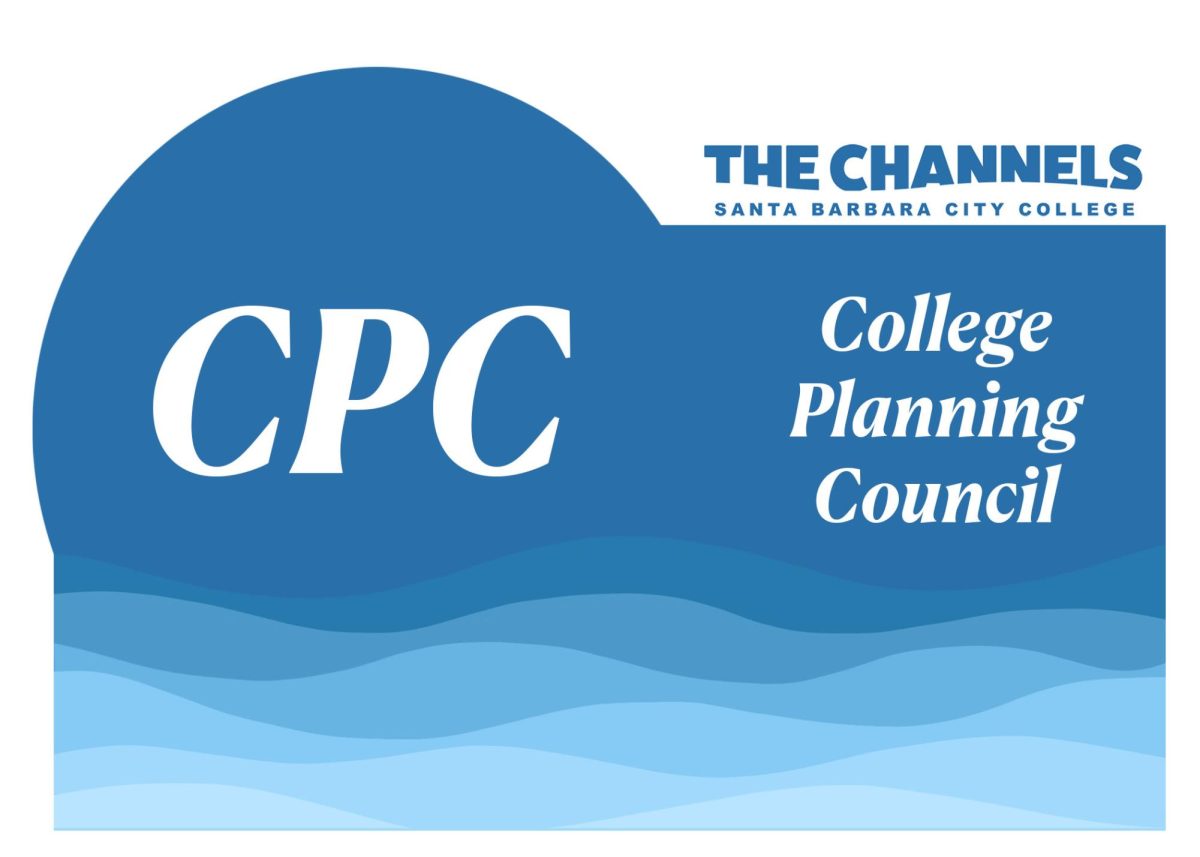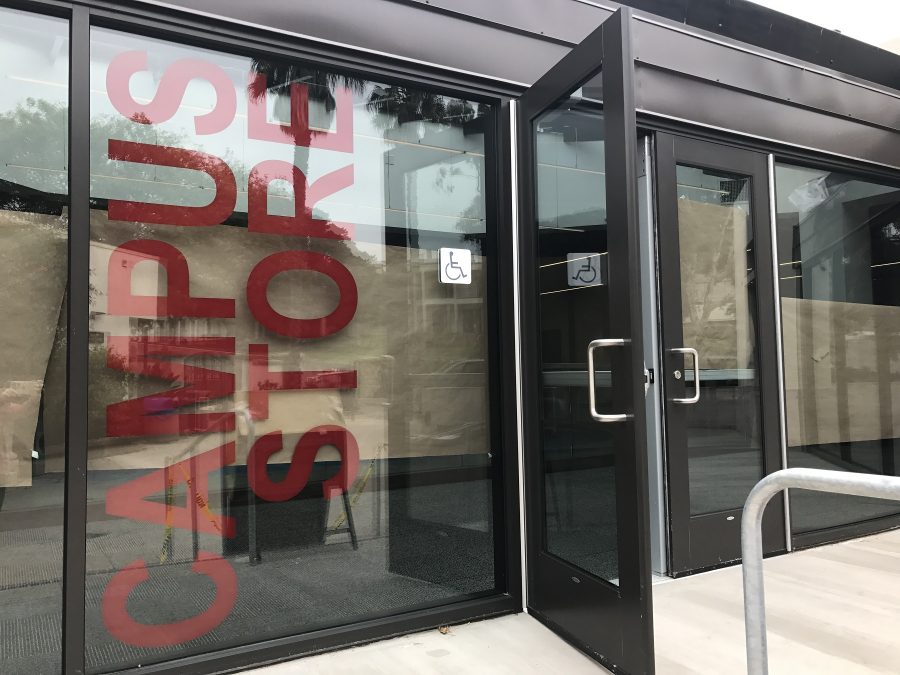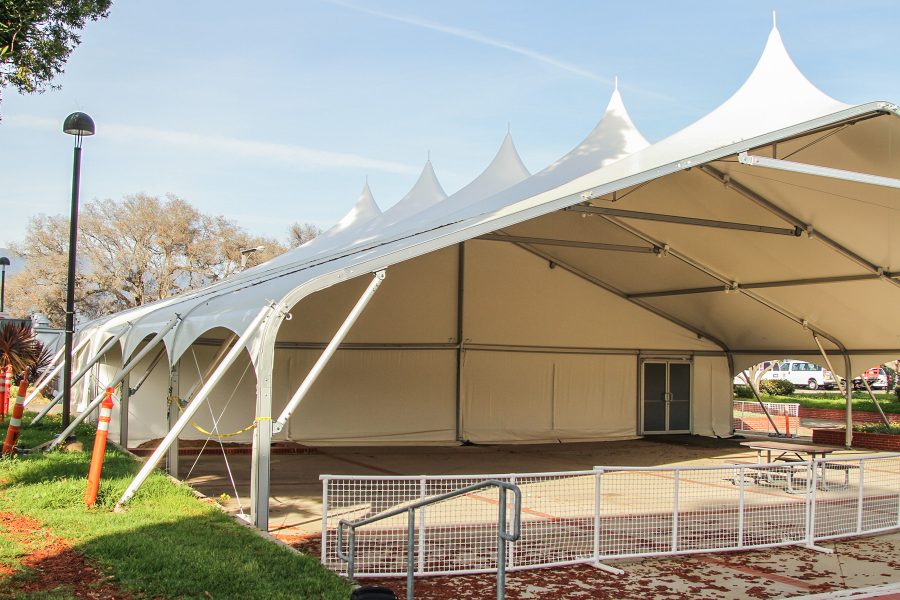Clicking noises from fingers typing on keyboards could be heard on an otherwise empty campus while the Computer Science Club held its first programming competition on Sunday, Oct. 25.
A total of eight City College students participated in the competition to put their computer science skills to the test.
“If you guys only solve two that’s okay,” said James Howard, laboratory teaching assistant.
The room was filled with tension while the students in groups of two solved logical problems created by the Peking University website. No electronic devices except textbooks were allowed to help students find the right answers.
“Is there another good problem?” said computer science major Zane Christenson to his partner. “I feel like we’ve been focusing on this stupid solution for too long.”
The students were ranked based on the number of problems they managed to solve and the time it took to solve them.
Club president Michelle Sandstrom created the event for students to experience how a real programming contest would be, but also to see if she could solve the problems.
“I want to see if I can do it, the actual [Association for Computing Machinery] competition which I would like to do sometime,” Sandstrom said. “This is a good way of seeing if it’s possible.”
Every year the Computer Science department sends a team to compete in the annual Association for Computing Machinery International Collegiate Programming Contest, which will be held this year on Nov. 14 in Riverside, California.
“If we send students that do well enough they could potentially go out of the country to compete at a bigger scale,” Howard said. “It’s not super likely but it’s possible.”
Computer science student Tyler Marton is one of the students who will compete in Riverside. He attended the club event to prepare himself for the big competition.
“To me this is a good opportunity to gauge my own abilities and the way that I handle a contest situation,” Marton said. “It is pretty similar to what [Association for Computing Machinery] will be like.”
It only took team Pikachu three hours to solve four out of the eight problems and they were named the winners. They received three different Rubik’s cubes, a Pyraminx, a Megaminx, a Magic Cube and three 32-gigabyte flash drives.
Some students from the losing team said they thought there would be easier problems to solve.
“It was different than I expected,” said computer science major Andrew Fisher. “We got caught up on a lot of really stupid stuff and we failed out.”
Howard said the number of participants represented only a small fraction of the club. With over 300 members, the club organizes many different types of science related activities.
The club members are now looking forward to the next contest.
“It’s nice if we beat UCSB,” Howard said.


